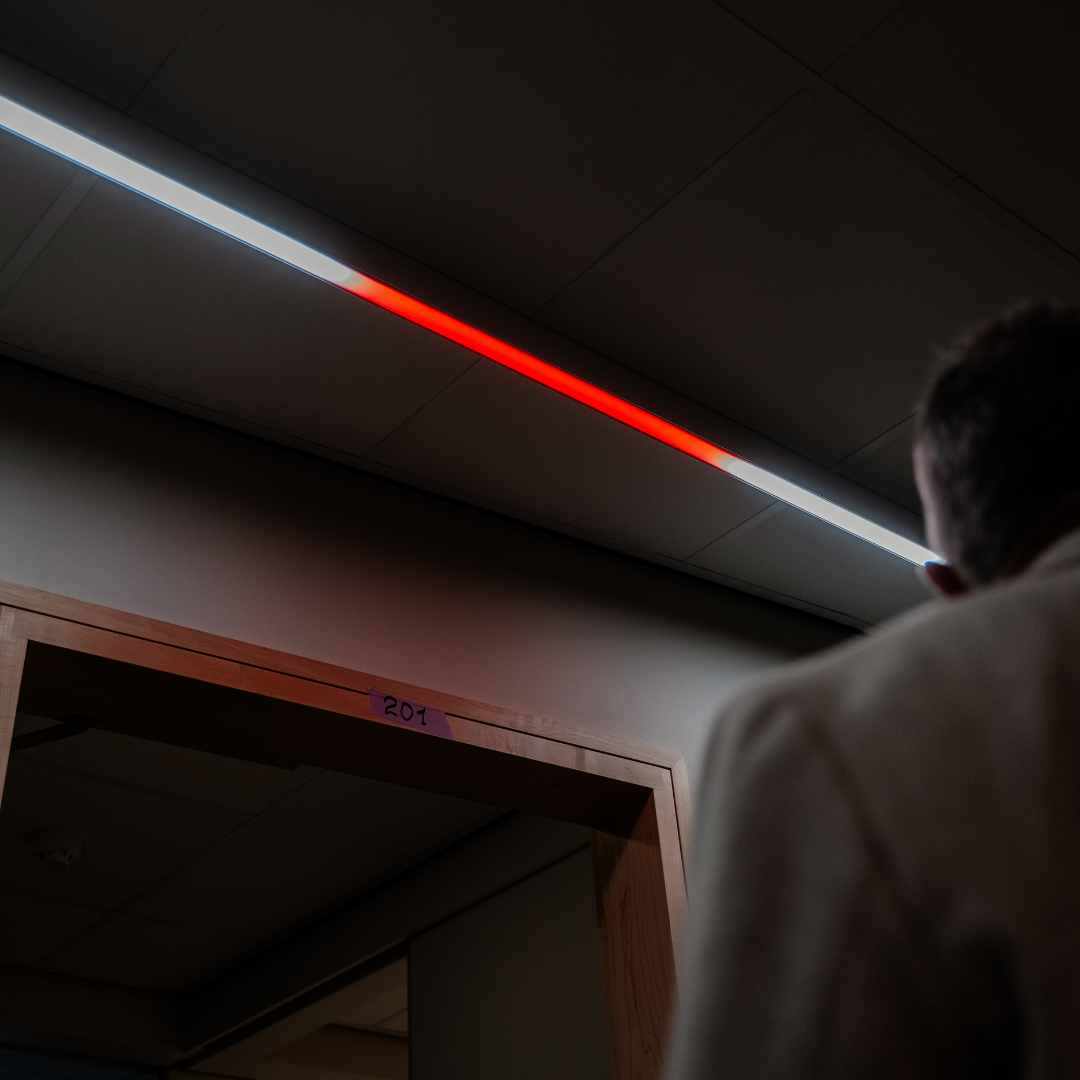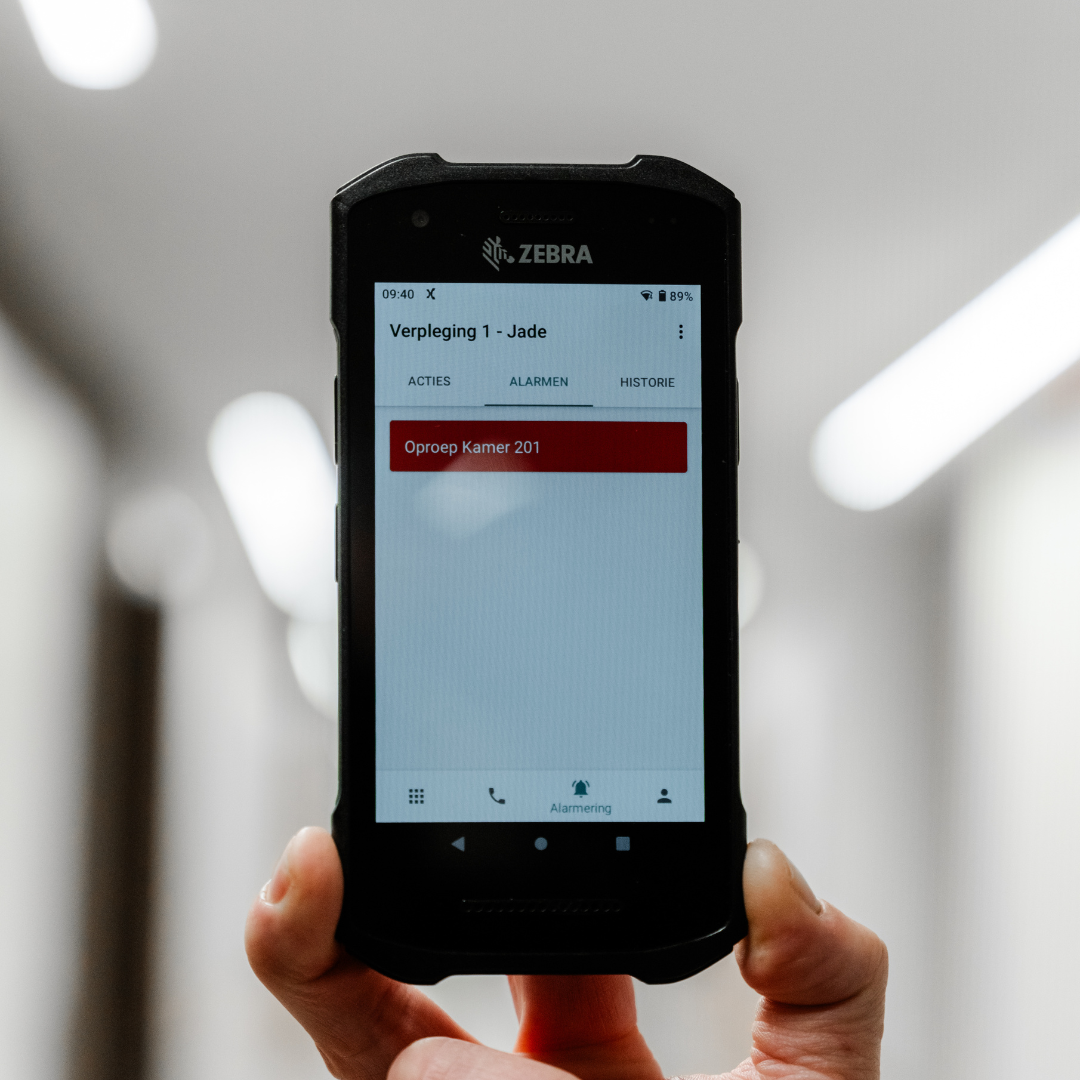
Revolutionizing pediatric care
Silent NICU rooms at Ghent University Hospital
Ghent University Hospital has expanded its Neonatal Intensive Care Unit (NICU) with a dedicated section for premature infants. This specialized unit employs the latest treatment techniques, ensuring that preterm infants receive intensive and specialized care while actively involving parents in the caregiving process. The aim is to establish a strong bond between parents and their babies from the very beginning.
To provide intensive or specialized care for prematurely born babies, the new Neonatal Intensive Care Unit department employs the latest treatment techniques, involving parents as much as possible in the care process. This approach allows them to build a strong bond with their baby from the outset. The new department also offers more space, enabling parents to comfortably care for their little ones.
Simultaneously, the new premature baby department employs various advanced devices, all monitored through our medical equipment and nurse call systems.

Closely monitored, even from a distance
"The monitoring of medical alarms or other life-sustaining equipment is directly connected to the nurses' smartphones thanks to the new medical nurse call system," says Geert Dewaele, Head of Facility Management at Ghent University Hospital. "This enables them to react more quickly and accurately when a medical device triggers an alarm."
The new system is an extension of a previous installation in the respiratory diseases department. "Each incubator for premature babies offers four connection points where authorized personnel can connect medical equipment using their badge. LEDs behind these connection points clearly indicate whether the medical devices are correctly connected. This allows the equipment to be tracked on their smartphones."
Furthermore, Ghent University Hospital always knows which medical equipment is used in each room and its status. This information is visible not only on the nurses' smartphones but also in the nurse station and on screens throughout the department.
Reliability takes precedence
"The entire system operates through wifi, Bluetooth, and traditional wiring (CAN-bus) to ensure maximum reliability," a necessity for Ghent University Hospital. "The medical call system is directly linked to the room light outside the door. This ensures that medical alarms can still be displayed in the hallway, even if the network fails. Given the nature of the department, we must ensure that no medical alarm is lost. This is achievable thanks to this redundant setup."
Brand new and continually evolving
Tom Messiaen, managing partner of 25-8: "The LynX®- (medical) nurse call system platform is a innovative platform, first used in a hospital setting at AZ Sint-Lucas Ghent. Thanks to the collaboration with Ghent University Hospital, we were able to fine-tune the latest evolution of the system, namely controlled medical connections, in line with the actual needs of the nursing and medical services."
"Behind the scenes, the medical nurse call system can be very complex and ICT-oriented. For the user, the solution must be straightforward in every aspect: ease of use, mobility, ergonomics, aesthetics, and more. Support services (technical and ICT departments) require (ICT and IoT) security, redundancy and reliability. LynX offers it all for the new department at Ghent University Hospital."
Revolutionizing pediatric care
Elevating patient and employee experiences

.png?width=1080&height=1080&name=Roegiers%20social%20(1).png)


Intelligent lighting
- route guidance
- roomstate visualisation
- localization
- mood lighting
- emergency lighting
Nurse call system
- Redundant
- Wired & wireless
- RTLS included
- Open platform
Alarm management
- Redundant
- Hybrid solution
- Cost efficient
- Best of class in Belgium
- Minimize alarm fatigue
Realtime localization
- People & assets
- Truly realtime
- Mobile search
- Connected to the alarm server
Want to experience LynX? Contact us.

